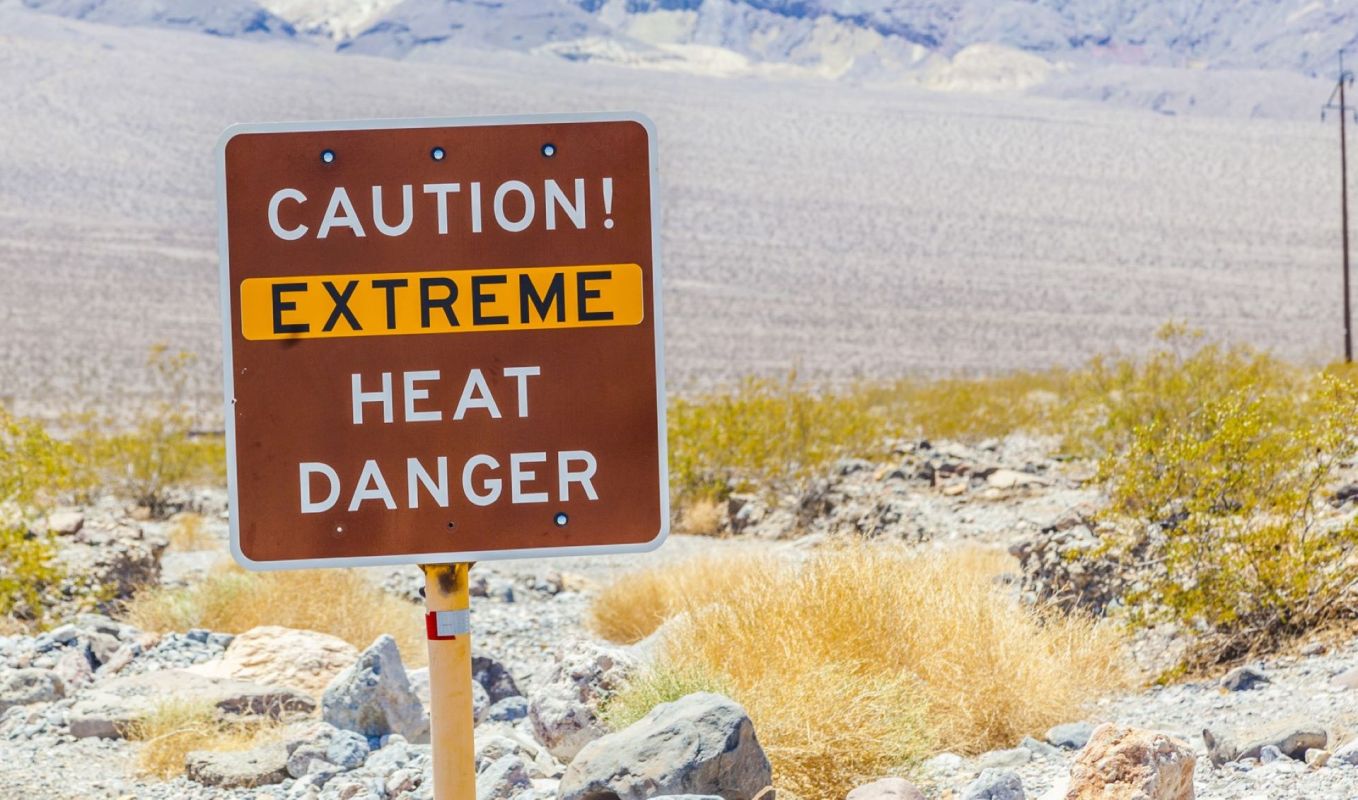As temperatures across the globe soar, it's important to be on the lookout for a related health threat — heat stroke. Knowing the symptoms and what to do when you spot them could mean the difference between life and death.
What is heat stroke, and what are the risk factors?
Heat stroke and heat exhaustion are life-threatening, heat-related illnesses that occur when your body gets too hot. In the U.S., on average, yearly heat-related deaths outnumber hurricane and flood-related fatalities combined, according to National Weather Service data.
Risk factors for heat-related illnesses are high heat and high humidity, so monitoring the weather and limiting your time outside are the best preventative measures. When you check the weather forecast, look at the heat index, which takes both temperature and humidity into account. If it is 91 degrees Fahrenheit or higher, take steps to stay cool, like drinking lots of water, avoiding exercising outside during the hottest times of day, and taking breaks to cool down in the shade.
What are the signs of heat stroke?
According to the Centers for Disease Control and Prevention (CDC), signs you should look out for include:
- Body temperature of 103 degrees Fahrenheit or higher
- Hot, red, dry, or damp skin
- Fast, strong pulse
- Headache
- Dizziness
- Nausea
- Confusion
- Loss of consciousness
Even if you don't have heat stroke, you still could be at risk for heat exhaustion. Symptoms are similar and include heavy sweating, dizziness, and fainting. Signs that set heat exhaustion apart from heat stroke include cold, pale, and clammy skin, along with a fast, weak pulse.
What should you do if you or someone is suffering from heat stroke?
If you or someone else is experiencing symptoms of heat stroke, call 911 immediately, as it is a medical emergency. If you are assisting someone with heat stroke, move them to a cooler place that is out of the sun. Help to cool them down by applying cold, wet cloths to their skin.
The person can also be immersed in a cold water bath. In fact, a cold bath is the most effective way to quickly lower your core body temperature, according to the Mayo Clinic.
If you are the person suffering from heat stroke symptoms, have others help you with these tasks, if possible.
Why should you care about heat stroke?
Heat-related illnesses are potentially fatal. During a recent heat wave in the South, several people died, including a Texas postal employee who was working his route. Texas experienced record temperatures that week, a possible sign of what is to come in a warming world.
A recent report confirmed that our planet's changing climate is making heat waves, storms, and droughts worse.
"Extreme heat events are more extreme than ever," Stephanie Herring, one of the authors of the report and a scientist at NOAA, told NPR. "Research is showing they're likely to become the new normal in the not so distant future."
For instance, in October 2021, parts of South Korea experienced average temperatures that were seven degrees Fahrenheit higher than average. Scientists think this could be the norm by 2060 if we don't do anything to reduce the amount of planet-warming gases we're putting out.
And it's not just the changing climate that's causing the spike in heat waves. It turns out that the way we develop our cities is having a big impact as well.
According to the Environmental Protection Agency (EPA), heat waves are occurring more frequently and with greater intensity across major cities in the U.S. The agency pointed out that as cities develop, they often lose green spaces, which are replaced with concrete and buildings. These "urban heat islands" can lead to higher temperatures.
What can I do about heat stroke?
Make sure to take the steps outlined above to protect yourself. In addition, the United Nations lists recommendations on how you can reduce your climate impact. These include switching to renewable energy, taking public transportation or biking, and switching to an electric vehicle.
Join our free newsletter for cool news and cool tips that make it easy to help yourself while helping the planet.









